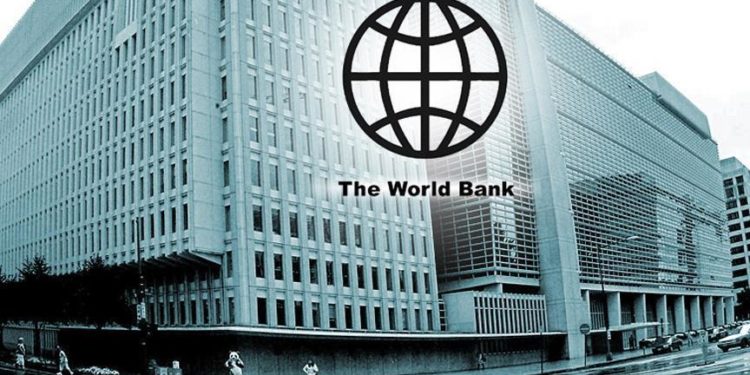A report from the World Bank has revealed that more than a third of the population in sub-Saharan Africa live below the poverty line.
According to the World bank report, as of 2015 (the most recent data on the topic), more than 416 million people in Africa live on less than US$1.90 a day.
This, according to the report, shows an increase of more than 33 percentage points since 1990, when the region’s poor was around 278 million.
World Bank captured this in it’s report in the Africa’s Pulse.
More than 82 percent, the report states, live in rural areas with smallholder farming as their predominant profession; meaning if policies to eradicate poverty are targeted at rural folks, there will be a drastic reduction of poverty on the continent.
“Accelerating poverty reduction in Africa requires a series of actions which pursue four principles of engagement. First, implement a policy agenda that creates economic opportunities for the poor in the sectors and places where they live and work, or helps them connect with income-earning opportunities elsewhere and at the same time reduces their exposure to the many risks they face,” it said.
ALSO READ: Check out IMF’s latest comment about Ghana’s economy
Adding that “Second, policymakers have to design integrated and complex policy interventions that exploit synergies and tackle several constraints simultaneously. Third, leverage digital technologies to benefit the poor through greater access to productivity-enhancing capital goods, human capital formation, improved market access to buy/sell goods and services, and employment.”
“Fourth, design interventions that address gender gaps in education, health, empowerment, and income-generating activities,” the report recommended.
The report urged governments to put in place policies that will quickly address the situation before it gets out of hand.
According to the World bank report, if measures are not put in place, Africa’s share of the world’s poor will dramatically increase from 55 percent in 2015 to 90 percent in 2030.
Empowering women to drive change
The Africa’s Pulse report shows women have the ability to lead the charge for poverty eradication, as 40 percent of large-scale agriculture labourers on the continent are women. However, there are still large and persistent gender gaps in productivity and earnings; and they come with a significant economic cost. For instance, women produce 33 percent less per hectare of land than men do, and profits earned by female entrepreneurs are 34 percent lower than those of male entrepreneurs.
Some recommendations the report made to close this gap include building skills for women that go beyond traditional training: including gender-sensitive agricultural extension services; socio-emotional skills training for women in business; and information to support occupational changes across sectors.
Again, securing women’s land rights through the launch of land formalisation programmes; co-titling of land rights in the names of both spouses; and formalisation of existing customary rights will help close the gap.









